Managing Post-Grad Life During a Pandemic
What do we do when all of our plans change?
My specialty is quarterlife transitions, and last summer I was asked to contribute to an article in Counseling Today magazine that focused on post-college life in a pandemic. This was just a few months into the COVID-19 pandemic and many were trying to cope with classes moving online and graduations happening through zoom, but there wasn’t a lot of attention on what seniors would face after graduation.
In a matter of months many found their future plans and hopes upended and replaced with stress, anxiety, and grief. During a time in life that is already naturally dense with self-exploration, college seniors found themselves navigating the effects of a pandemic while experiencing loss and trying to identify their next steps. How do we re-imagine our future when were busy coping with our present?
Grief
We have to go through it to get through it. There has been a lot of loss as a result of this pandemic. Specifically related to the college experience, you may have found yourself feeling angry that you couldn’t have a traditional graduation. Maybe you were sad that you couldn’t spend your last semester celebrating with your friends. You could have been scared because you lost a job opportunity. You may have even considered getting started with counseling. It’s okay to feel this way!
Processing and expressing these emotions can help us move forward. The context of your story may have changed, and you are still the author. You get to explore what you want this loss to mean for your life story, and what you want your life to look like in this new setting.
Identity
During a point of transition like college graduation, it’s normal to wonder about what the next chapter means for who you are. Questions like, “Who am I?” and, “What do I want my life to look like?” could be floating in your mind as you gain new levels of independence and responsibility.
Add this naturally occurring experience to the feeling of uncertainty of what steps to take next and you’ve got yourself a recipe for identity exploration! When we are stripped of our plans and perceived notion of control, we have the chance to get to know ourselves, identify our values, and allow them to guide us through our next chapter.
Although this article focused mainly on college graduates, I see no reason why it can’t be applied to other life transitions we may face. The finer details may be different, such as the stage of independence and responsibility or the specific losses we experience.
The overarching message remains: we have the power to assign meaning to our experiences so that they fit with how we want our life to look. If we aren’t sure of what we want, we also have the power to explore our emotions and experiences so that we don’t limit ourselves in our growth.
Tina Leboffe, MA, LPC, NCC, AAC
Please note that this blog is for your information only and does not constitute clinical advice or establish a client-counselor relationship.


